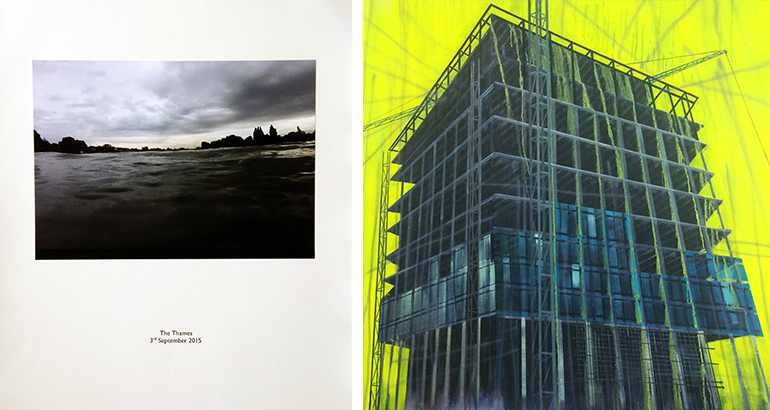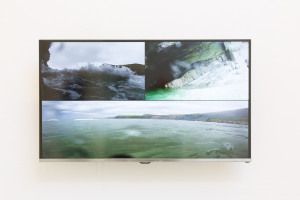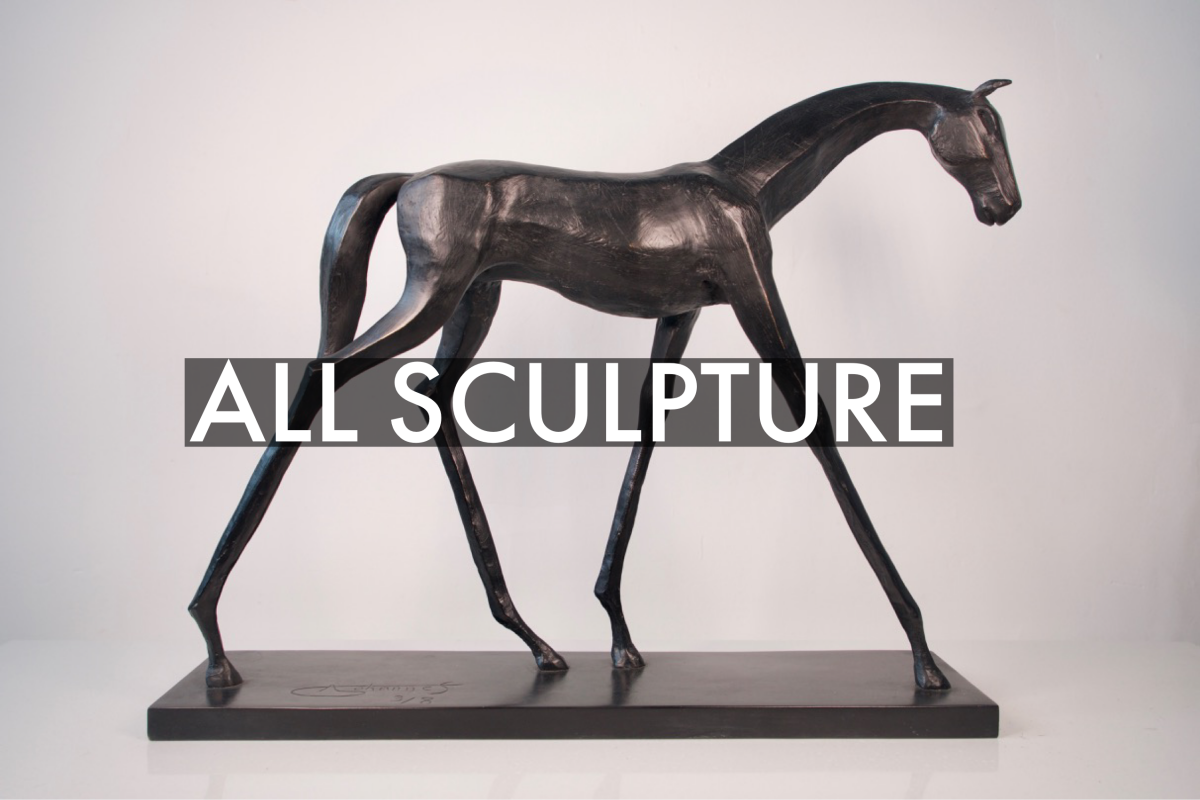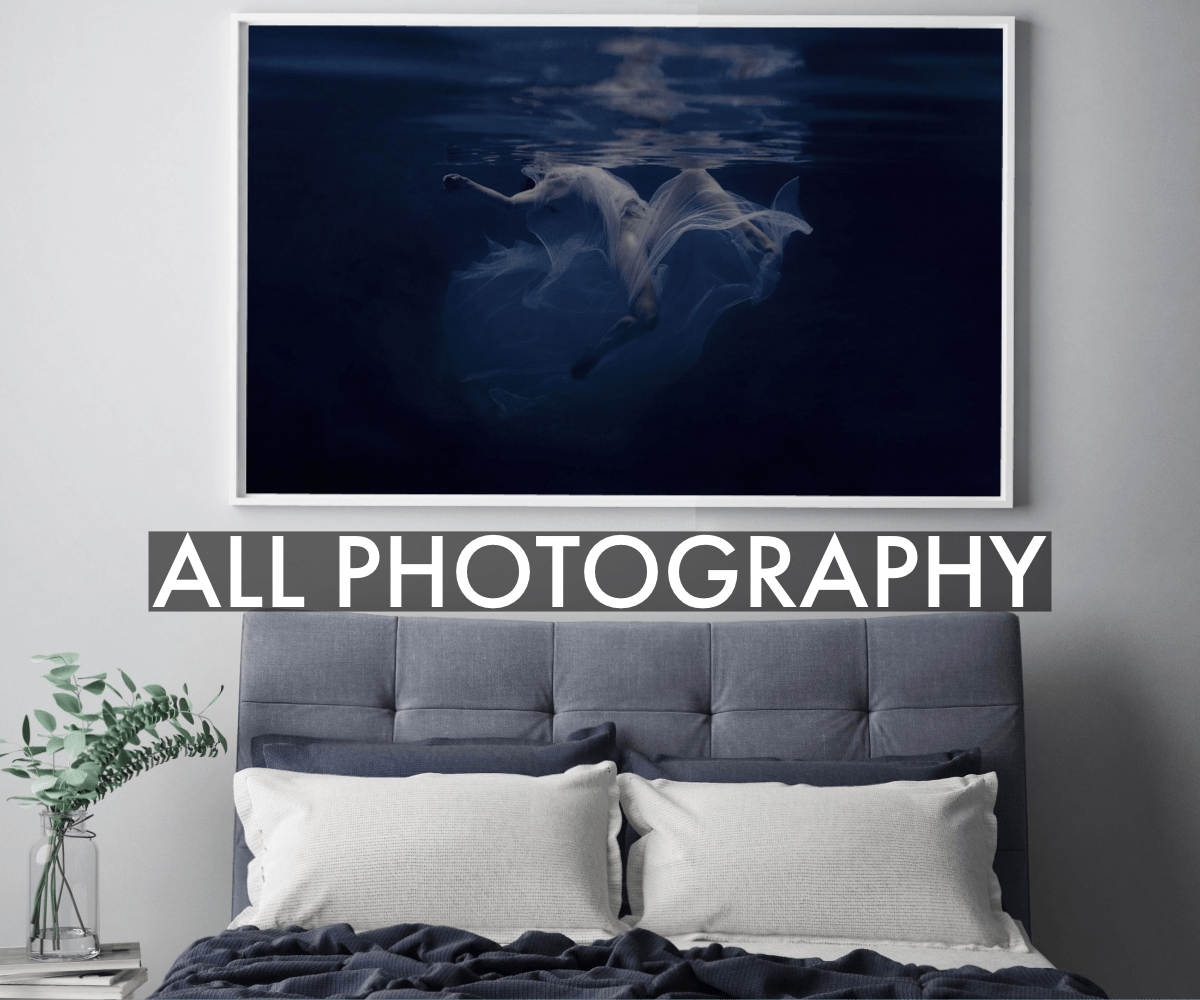
Flow, meander, trace, explore. These four principles drive artists Lucy Devenish and Luke M Walker on their urban exploits following the lost rivers of London from their sources to the River Thames.
The very nature of city walking demands flexibility to navigate changing obstacles in the cityscape. The outcome of each walk and the subsequent work produced therefore remain unpredictable. Just as the rivers flow – sometimes above, and oftentimes beneath, the ground – the routes tracked by the artists meander.
Amidst a dissonant cacophony, the artists must rigorously edit down their findings, presenting only a selection of the most relevant material, in an effort to remain true to the path. Yet all the while, wilderness can unveil itself at unexpected moments to those prepared to meet it.
The intended goal of each expedition is to undertake a swim in a non-municipal, wild body of water and follow each lost river’s path back to the Thames, where ultimately it returns to the sea. And alongside this swim, a walk, to record signs in the landscape, indicating where the water flows beneath the city, through its pipes, sewers and culverts.
The expeditions reinforce the artists’ shared fascination with immersion in landscape, both urban and wild, which is at the core of both their practices. Through the undertaking of joint expeditions, they examine the plurality of a shared experience through a series of print works. These are presented together with the results of their individual interrogations of the city and the sea.

ABOUT THE ARTISTS:
Lucy Devenish’s practice is driven by her explorations of remote landscapes. Her work results from numerous journeys to far-flung coastal areas of the British Isles where she makes wild swims. Each long swim stands as an artistic act of endurance in itself whilst her activity in the studio deals with the mapping and memory of these immersive encounters with the coastline.
Luke M. Walker’s Walker's relationship with the urban landscape has changed through his encounters with it and what once might have been described as homage to the built environment has now become something more adversarial. His critical engagement with the sites of buildings as they come and go establishes a relationship based upon their materiality and character. He is currently documenting the brooding concrete monoliths of the Brutalist movement; buildings loved and loathed in equal measure. Some become iconic ambassadors of cement and steel, with prices as stratospheric as the views, while others are quietly obliterated from the skyline and our collective memory.










